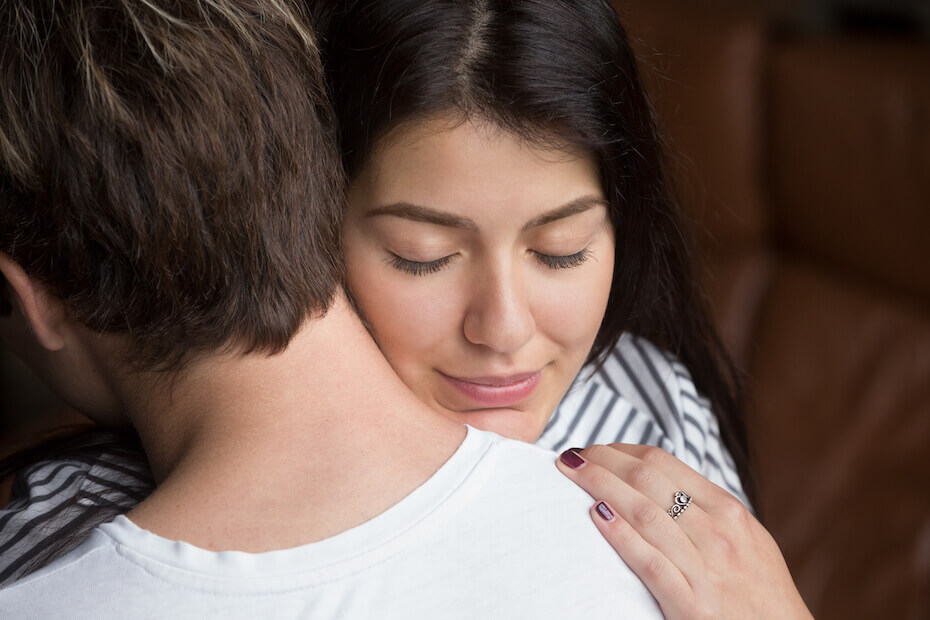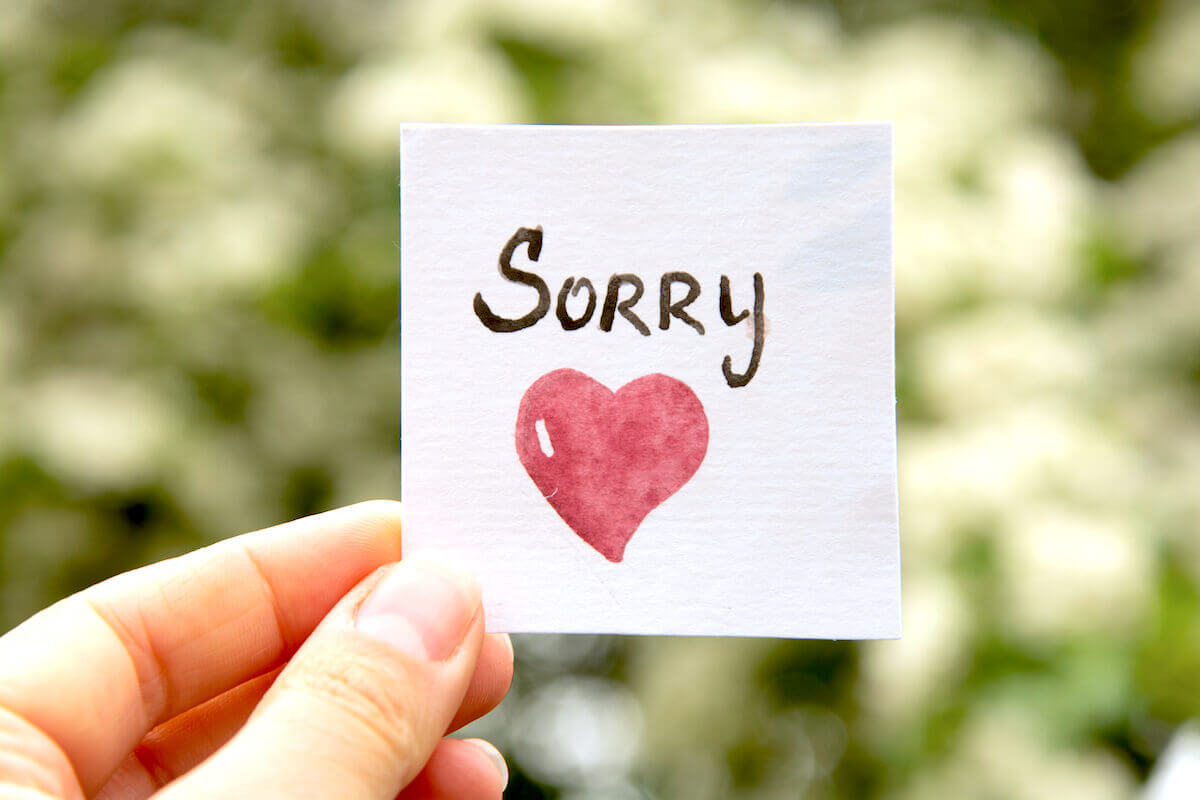Press Clips
Do you apologize when someone bumps into you, or say sorry every time it takes you more than a couple of minutes to respond to a text?
While this might seem like the polite thing to do, it’s also a way of subtly putting yourself down. Confidence Creator author Heather Monahan says that avoiding unnecessary apologies builds self-esteem, as well as better relationships. Here’s what she had to tell us about apologies, and what you’re really saying when you say “sorry.”
Sweety High: Why are so many people—women in particular— programmed to apologize for everything?
Heather Monahan: It‘s instilled in us from the time we‘re children. Think back to when you were a kid and you didn‘t do something your parents expected you to do. They probably asked, “Now what do you say?“ expecting you to say, “I‘m sorry.“ From the very beginning, the people we leaned on most for direction have been telling us that apologizing is the “right“ thing to do. We become programmed to respond on autopilot, and we end apologizing for things that we shouldn‘t be.
I catch my 12-year-old son doing this all of the time. In his mind, apologizing is a way of excusing himself, but I‘m working with him to understand that it isn‘t actually necessary. Last night, my son apologized for forgetting to pick his plate up from the dinner table. I asked him why he would apologize, and if he did it on purpose or was trying to hurt me. He laughed and said of course not.
Instead, he could reframe the conversation. “Thank you for pointing that out to me, mom. It slipped my mind, and I want to be more responsible so I promise you I‘m going to pick up my plate for now on.“ Problem solved, and no need for an apology.
SH: Where does that inclination come from, and why is it actually unhelpful?
HM: After years of practicing this behavior of apologizing for everything, it becomes subconscious. Our responses are triggered and we often don‘t even think before saying sorry. I like to play a game during where I count how many times someone says “I‘m sorry“ to me in one day when there is zero need to apologize. The one that gets me the most is when I bump into someone else and they immediately say, “Sorry!“
I‘ve trained myself to be more aware and to say “excuse me“ in these situations. When you choose to say “excuse me“ instead of “I‘m sorry,“ you make the point that you didn‘t bump into someone intentionally. When you apologize, you accept responsibility for the mistake as if it was intentional.
You can make this small change, and when you do it repeatedly, you can form a new habit and set yourself up for success. You may realize you‘ve been apologizing far too often.
SH: What are some of the most common types of unnecessary apologies?
HM: The most common ones are when someone bumps into someone else, or does something completely by accident, and chooses to apologize for it. Saying excuse me in those situations is often the simplest and most effective fix.
For those moments where you may feel bad about something, like showing up late, one thing you can do is choose to thank the other person for waiting for you. When you thank someone else, you avoid putting yourself down and you‘re recognizing their response and appreciating them instead of making the exchange solely about yourself. You‘re also inferring that the other person will accept this response and move, on and typically that‘s exactly what happens. Exhibiting gratitude goes a long way with most people.
SH: How can one recognize when an apology is truly needed?
HM: Apologize any time you did something you knew was wrong, but did it anyway. If your behavior is malicious or hurtful, you need to own that and apologize for it. Sometimes our emotions get the best of us, and when that happens we may say something that hurts another person. In those moments, you need to offer an apology because simply thanking them for understanding isn‘t enough. Sharing that you are truly sorry that you hurt the other person‘s feelings and not making excuses for yourself is much more appropriate.

If you‘re in a situation where a real apology is necessary, click HERE for tips on giving a heartfelt apology when you know you‘re in the wrong.


